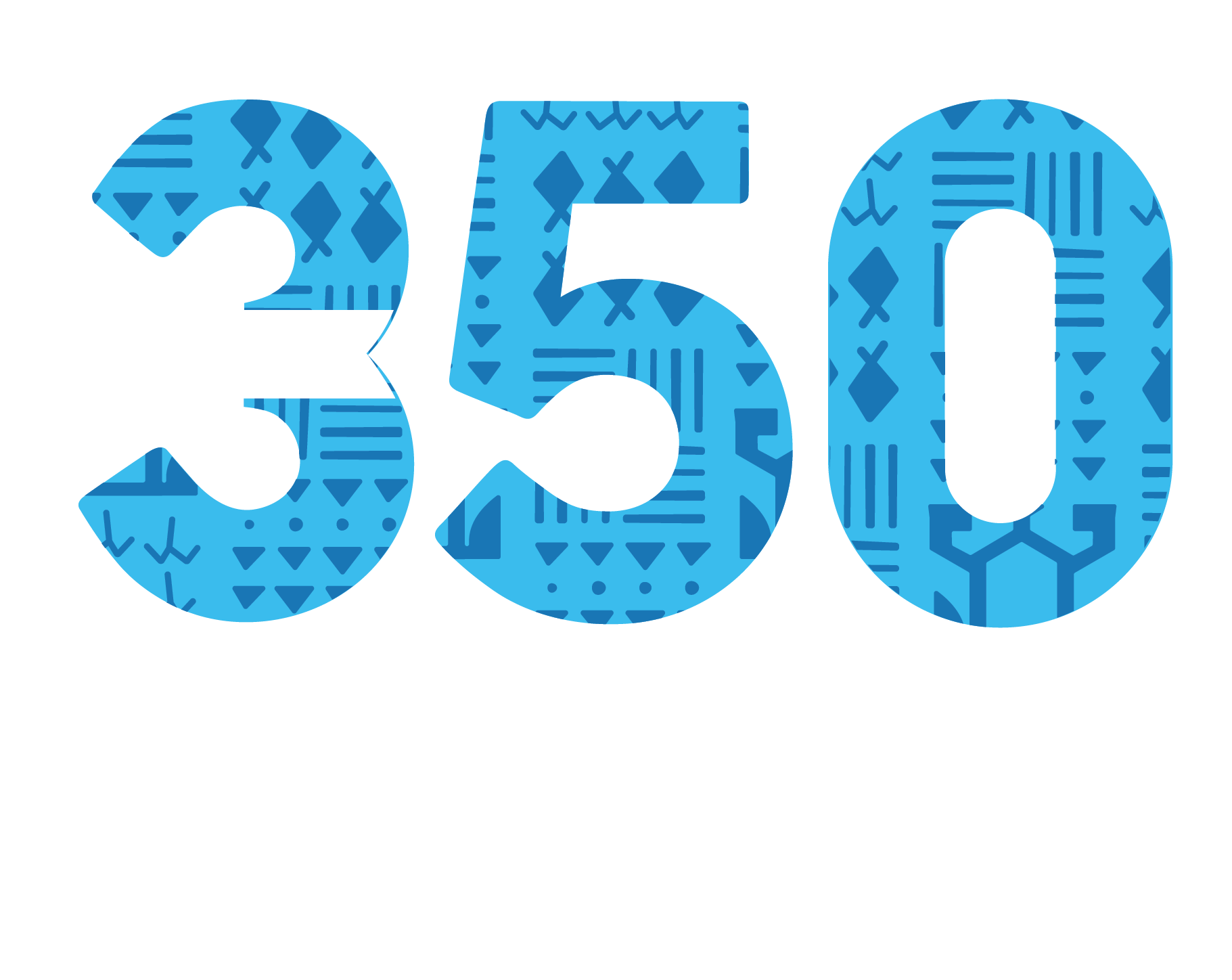By Alejandra Jensen
Tell Them (extract from the poem)
by Kathy Jetnil-Kijiner
…tell them about the water
how we have seen it rising
flooding across our cemeteries
gushing over our sea walls
and crashing against our homes
tell them what it’s like
to see the entire ocean level with the land
tell them
we are afraid
tell them we don’t know
of the politics
or the science
but tell them we see
what is in our own backyard
tell them that some of us
are old fishermen who believe that God
made us a promise
tell them some of us
are a little bit more skeptical of God
but most importantly
tell them
we don’t want to leave
we’ve never wanted to leave
and that we
are nothing
without our islands.
This extract from the poem Tell Them, outlines a reality that people are facing in the Republic of Marshall Islands (RMI). It is a heartfelt plea from one young woman speaking on behalf of her people. For Kathy Jetnil-Kijiner and many young people around the Pacific, they are faced with the reality that climate change could in the coming decades make their ancestral homes unliveable. That new reality is increasingly becoming apparent as storms become more intense, droughts lengthen and sea-level rise increases at pace. As the threats of climate change become more and more visible, so too does Kathy’s determination to become an advocate for change. Instead of feeling helpless, Kathy actively engages the public through her art of self expression; her medium of choice – words. For Kathy, poetry is more than just a way to generate awareness of these issues; it is a powerful tool for change:
“I’ve always understood poetry as not just an art but as a means for social change. Poetry reaches out and makes people feel something immediate and real – it doesn’t waste words and it’s not all statistics and numbers. It’s real emotion, it gives a face to real issues, and it connects people and creates movements”.
I wrote the poem with the intention of showing our island to rest of the world – conveying what I feel is truly beautiful about the Marshall Islands. Not all the images are “postcard” pretty but that’s because I also wanted it to be as honest as possible. I wanted to give the world a glimpse into our culture and our people and what was at stake should they continue to sleep on this matter”.
This became one of the many reasons that Kathy decided to organise and facilitate a grassroots environmentalist group called: Jo-Jikum, meaning: ‘your place’, aimed at empowering youth living in the Marshall Islands to take action on climate change issues. This group has worked alongside 350 representatives during marches and the ‘connect the dot’ campaign to educate their communities and inspire people get involved. This is an important step for the youth of today as their actions are going towards building their future, and instead of waiting for others to help, they are helping themselves. With help from movements such as 350 Pacific, Jo-Jikum have taken actions such as organising community clean ups and generating media campaigns, which is empowering those involved to take control and maintain positive changes for their people and their land.
“Our motto is “Liok tut bok” – we believe that much like the bob/pandanus tree which roots itself deep within the land, we the youth of the Marshall Islands should do the same”
Kathy knows that just as her poetry has the ability to transcend boundaries of space and time, to carry the voices of her people deeply affected by the devastation of climate change, so too do the youth of today. The youth of the Marshall Islands are a force to be reckoned with, who are joining up with many other Pacific Island nations in mobilising a movement towards a sustainable future. Kathy is rewriting a herstory that she can be proud of, a herstory that she and her people will fight to uphold.
“I want the world to know of our resilience and our strength – that we are in no way going to just give up, pack up, and leave our islands. Our culture is rooted in our land, and our land is our life”.
This is Kathy’s story!


